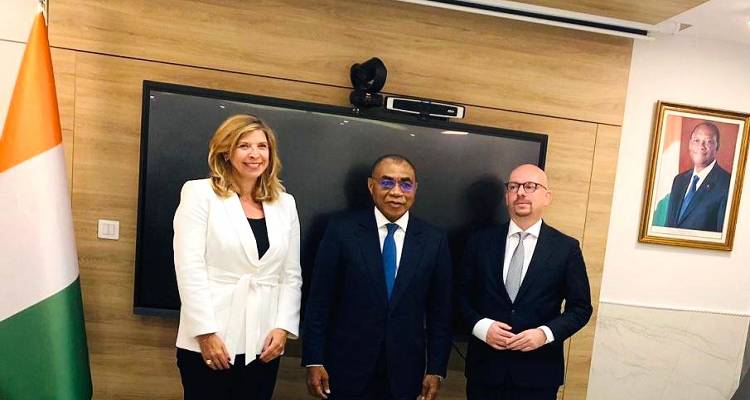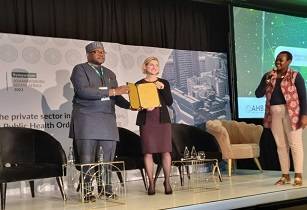Page 1 of 2Tanzania’s economy is expected to hit the seven per cent mark this year, higher than the 6.4 per cent it attained last year
According to the Bank of Tanzania governor Benno Ndulu, the country is now facing fewer power outages compared to last year when energy problems impacted the economy negatively.
Tanzania’s National Bureau of Statistics recently noted that frequent power blackouts caused economic growth to slow to 6.5 per cent in the Q4 2011 from 6.7 per cent in the previous year.
During the recent World Economic Forum on Africa Professor Ndulu observed, “The number of problems we had with power were not of the same magnitude. For this year, between 6.6 to seven per cent is attainable.”
The International Monetary Fund said it expects Tanzania’s economy to expand by 6.5 to seven per cent in 2012-13. Power output fell by 22 per cent in the Q3 2011, partly due to low water levels in hydroelectric reservoirs.
The electricity crisis caused growth in the manufacturing sector to decline to 6.6 per cent from 9.9 per cent a year ago.
Analysts in the region noted that increasing investor interest in Tanzania’s telecommunications, energy and financial services sectors should help drive economic growth.
Natural gas discoveries, estimated at 10 trillion cubic feet, have attracted investor interest in recent months.
As Africa’s fourth gold producer, Tanzania has also attracted mining investors over the past decade.
According to the National Bureau of Statistics, the mining sector rebounded to grow at 1.2 per cent from negative 9.1 per cent in the previous year.
This was helped by an increase in gold production and higher prices of the precious metal on the world stage.
Professor Ndulu said the country had revived dormant plans for a Eurobond to help with its infrastructure spending. The amount and timing of the issuance has, however, to be decided.
The government has also announced plans to start opening up its capital account this year to enable it to attract more investment from other members of the five-partner East African Community (EAC) and then from the rest of the world by 2015.
Recent data from the EAC indicates that trade between the five partners has grown by 38 per cent from US$1 billion to $1.3 billion in the last five years.
The EAC Economic survey showed that since implementation of the Customs Union, trade between member states has grown from $1 billion in 2005 to $1.3 billion in 2010.
The government wants to tap into this trade, seeking to expand regional opportunities.






































